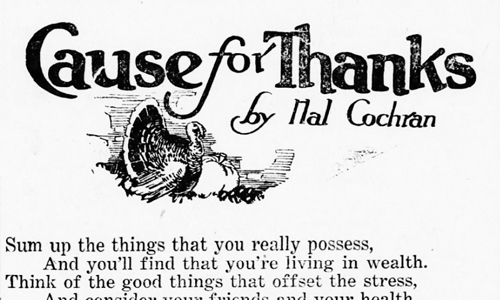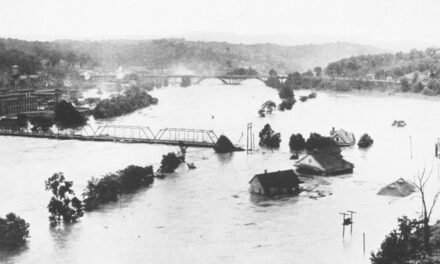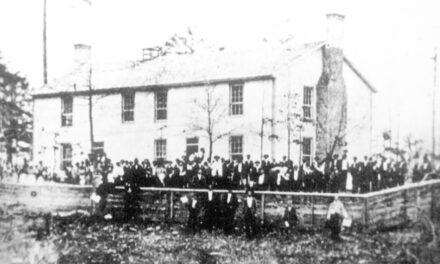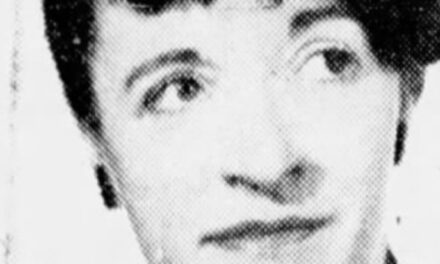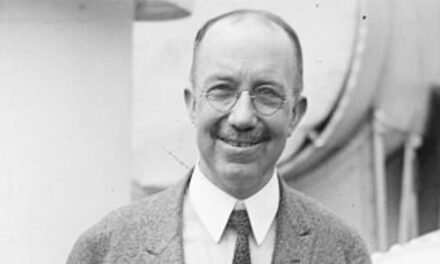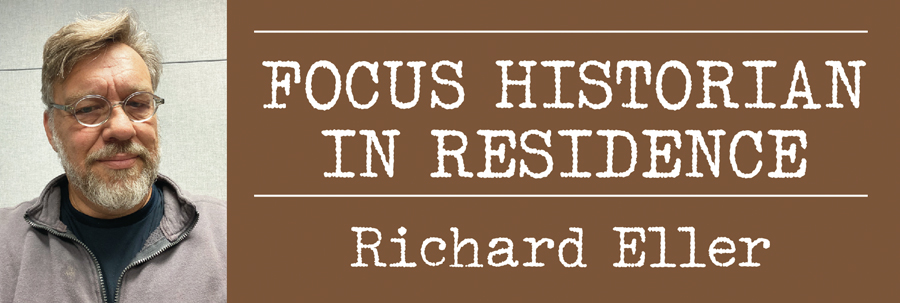
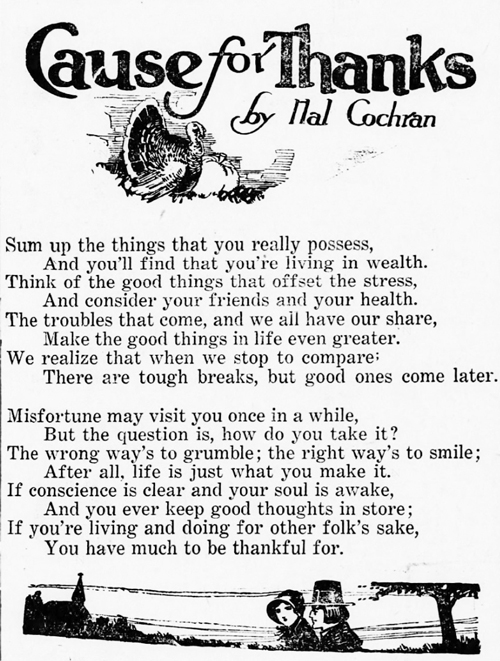 Tradition keeps the changes of time to a minimum. Some things become set and though the generations come and go, we maintain the habits that were established for us early in life. Thanksgiving (as do many holidays) serves as a perfect example.
Tradition keeps the changes of time to a minimum. Some things become set and though the generations come and go, we maintain the habits that were established for us early in life. Thanksgiving (as do many holidays) serves as a perfect example.
If time travel were possible or we were celebrating Thanksgiving 1924 instead of 100 years later, the day would be much the same in very tangible ways. In Hickory, folks relished the day, especially as part of their turkey dinner.
Instead of gathering around the television for football, they attended the games. In the hot rivalry between Carolina and Virginia, that year’s contest was played in Charlottesville. Southern Railroad offered sleeping car packages to and from. Others not quite so ready to travel so far could take the short trek to Hickory Field and watch the Lenoir-Rhyne Bears take on Erskine College. Those were the days when the mascot was a live bear. Spectators got a better game in Hickory. Carolina fumbled on their own seven-yard-line giving the Cavaliers a shutout of the Tarheels, while the Bears ran a fumble back for a touchdown and a 14-10 win.
The city had been planning for the day in meaningful ways long before the fourth Thursday. North School (at the site of the current Oakwood Elementary) served as the collection site for “a truck load of vegetables, canned fruits, jellies and other dainties” to be given out by the police chief “to be distributed as he sees fit.” In the days before the United Fund or a charity system was worked out, that’s how relief efforts worked. Teachers and students at the school also collected and distributed “articles of clothing” for fellow citizens in need.
The most eager to see the day arrive might have been “small boys” who reportedly were busy “oiling up guns and making preparations for the big hunt that comes but once a year – Thanksgiving.” The day marked the beginning of the hunting season and while “howling hounds in close pursuit of a rabbit” had been anticipated greatly, Thanksgiving for these young men more accurately meant “a day from school, a turkey dinner, a hunt for wild game, and weariness at night.”
Most of the city was closed down except for the movie theaters which offered adventure, (Captain Blood) and romance (D.W. Griffith’s epic America) or whatever Lon Chaney was doing in the film He Who Gets Slapped. After a day of celebrating with love ones, escape via a movie, even a silent one in those days, offered time off from family behavior. Sound familiar?
Perhaps the only difference between their time and ours was a reminder that the city’s ice and coal companies would be closed so residents were instructed to plan early for heat and cold. Also in those days, no Black Friday deals existed and while there were sales awaiting Christmas shoppers, no one got up before sunrise to go downtown to spend money. Instead, they got up at that hour because that’s what they did every day.
Photo: A bit of old time wisdom for the celebrants of Thanksgiving, a century ago (courtesy HDR).

